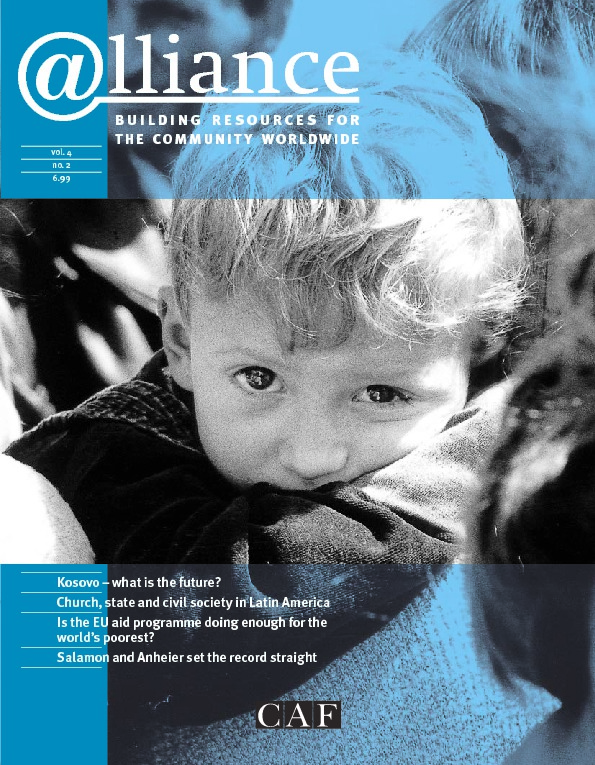Corporations have for some time shown a stronger inclination to link their corporate community involvement (CCI) actions to defined strategic business interests. Central to this definition of business interest will be a projection of the company’s values and the building of its reputation as a concerned corporate citizen.
But what happens when a corporation decides no longer to support particular community causes and issues? In such circumstances, is not a ‘strategic’ approach also called for? Are there not ‘strategic business interests’, and gains made therein through past support of these causes and issues, to be protected?
Generally speaking, there are four major reasons why corporations decide to terminate funding:
- CCI priorities change because the importance of community issues and causes changes. Also, CEO and board interests change, often on the grounds that this or that cause ‘has been supported long enough’ or there is ‘precious little progress being made’.
- Significant year-to-year variations in the total CCI budget may occur where a fixed percentage of profits (net or gross) determines the level of commitment.
- Mergers and acquisitions often lead to an entirely different CCI philosophy.
- Corporations decide to downsize or close completely specific operations.
Whatever the reason for change, it can be argued that the accumulated business benefits and ‘good corporate citizenship label’ need to be protected.
There are companies that do this very well. Beginning in the 1970s, Levi Strauss & Co. has evolved sound exit strategies, first in the spate of plant closings in communities located mostly in the southern USA and more recently in its foreign operations, especially in the Philippines. Working with community leaders, educators, and local and regional political leaders, Levi Strauss made sound and strategic CCI investments literally ‘as it left town’. The company chose to protect its market and market share, at the same time recognizing that the loss of jobs did not end its obligation to be a responsible corporate citizen.
When British Petroleum closed a major refinery operation in South Wales, leading to the loss of 350 jobs, it established a development corporation for the express purpose of regenerating the local economy and provided land, buildings and an annual budget for its operations. After acquiring Standard Oil of Ohio, BP decided that a disproportionate share of the CCI effort and resources had been designated by SOHIO for the Greater Cleveland area. Through a number of endowments made to Cleveland community and arts organizations, BP was able to free up future CCI resources to be used more strategically throughout the USA.
As the Japanese economy has soured, many Japanese corporations have found it necessary to close or downsize foreign operations. Such reductions are readily apparent in US-based Japanese corporate holdings. One also finds considerable erosion in the CCI programmes many of the major Japanese firms embarked on in the 1980s and early 1990s.
Japanese corporations forced to reduce their CCI would do well to look at the successful exit strategies that Levi Strauss, BP and others have used. All the US markets in which Japanese corporations have taken a CCI stake remain essential to Japan’s future economic recovery. The enhanced reputations for being good corporate citizens gained in the last decade could prove decidedly fleeting, creating resistance to future Japanese expansion in the US market similar to that observed in the 1980s. Having an exit strategy that preserves these assets is clearly needed — and a sound business strategy.
Delwin Roy is a consultant on strategies for global corporate community involvement. From 1985 until 1998 he was President and CEO, The Hitachi Foundation.


Comments (0)